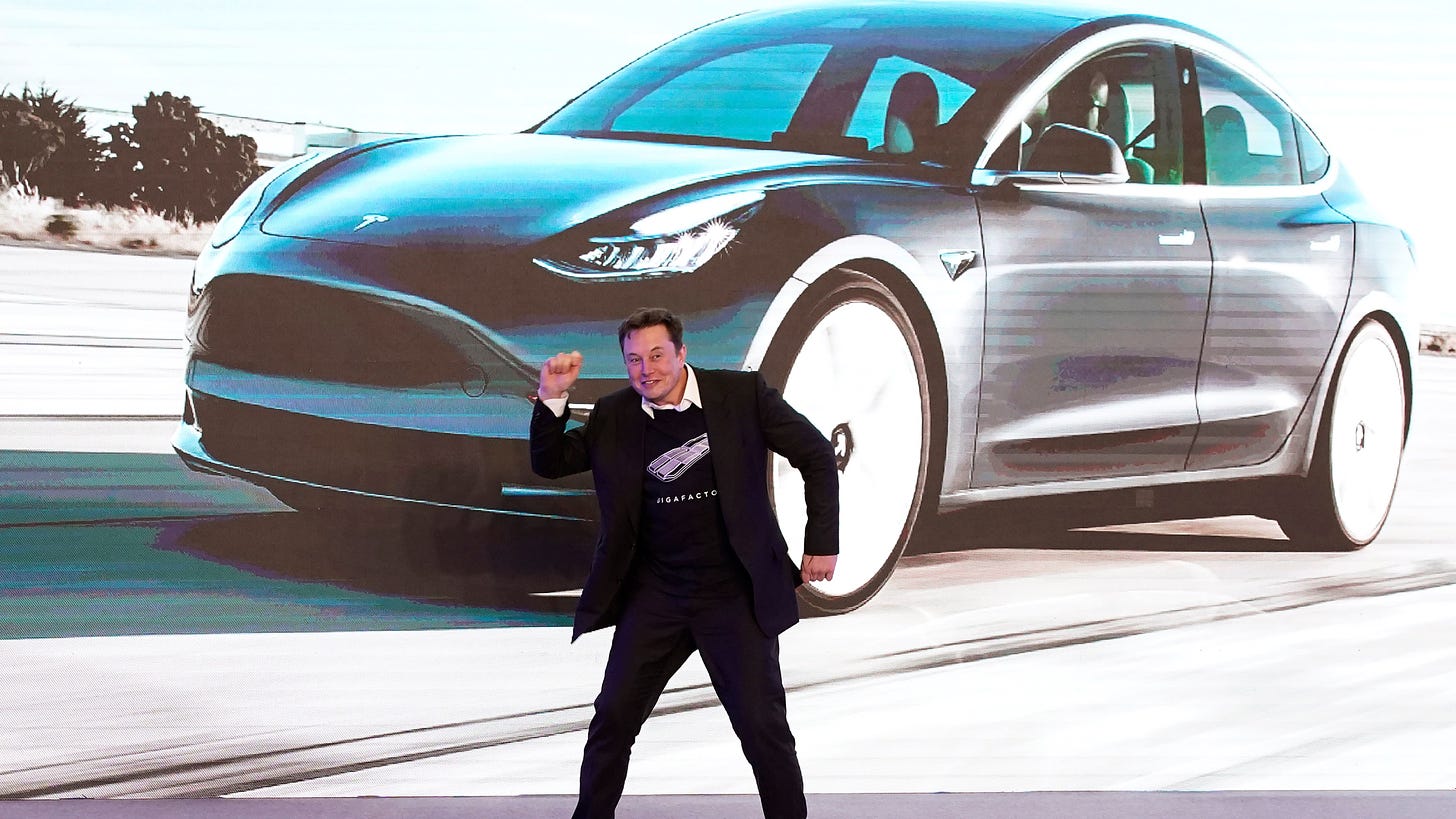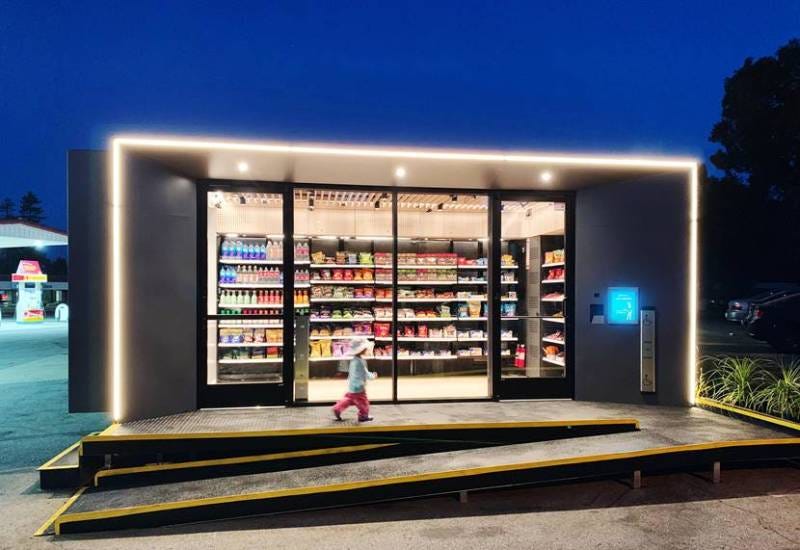Happy Friday and welcome back to This Week in Retail!
Tesla crushed their earnings this week, Bitcoin is surging…annd then there was the presidential debate which was basically a competition of who was more corrupt.
You can’t win ‘em all I guess?
*Dealing with some technical difficulties at the moment so the podcast & Youtube video will come out tomorrow!
Necessity Spawns Innovation
The Greek philosopher Plato once said, “necessity is the mother of invention”. This saying could not ring more true in our current environment.
The Coronavirus pandemic has violently propelled us into the digital economy, while simultaneously exposing the fragility of our current systems and business practices.
In the face of this life-altering event, technological innovation has become critical to the function of our society.
Consumer Openness
Have you noticed that your shopping habits have changed? Are you buying different products or brands than you usually do?
Consumers are more open than ever before to trying new products and exploring different means of shopping. Seventy-five percent of consumers have tried a new shopping behavior, and most intend to continue it beyond this crisis.
Specifically, the rate of digital adoption in retail has been unprecedented. In the annual report by “The State of Fashion”, they estimate that “in just eight months, the industry registered the equivalent of six years’ growth in the penetration of online shopping.”
And it’s not just online shopping that is seeing an increase. Services like mobile order, curbside pick up, contactless checkout, and QR codes are all experiencing outsized traction as the pandemic drags on. Technologies that limit human-to-human contact were once seen as cumbersome and unnecessary, but are now imperative for day-to-day business.
The Emergence of Retail Tech
Money is beginning to flood into the retail tech space, and we’re seeing new companies and business models rapidly emerge. One specific area seeing a huge amount of disruption is contactless checkout. AiFi, a retail start-up that delivers a checkout-free experience powered by computer vision and analytics, just received $15 million to accelerate its cashless retail initiative.
Amazon has been a pioneer in this space with its AmazonGo stores, but we are now seeing other large companies like 7-Eleven, Walmart, and Target invest in the technology.
As these companies move up the innovation curve and the cost of many of the building blocks underpinning this technology continues to fall, expect this trend to continue in a big way.
Photo via AiFi
The Rundown:
The State Of Fashion 2021 Preview: The Business of Fashion in conjunction with Mckinsey just released its annual State of Fashion Report for 2021. The European fashion industry registered the equivalent of six years’ growth in online shopping penetration, rising from 16 percent of total sales in January to 29 percent in August. Sales volumes in China could return to pre-crisis levels as soon as the fourth quarter of this year. Global fashion sales are unlikely to return to 2019 levels before the third quarter of 2022. Any delay to a widely available vaccine could push this back to the fourth quarter of 2023.
Paypal Adopts Crypto: PayPal’s new cryptocurrency service will launch in the U.S. in the coming weeks and features bitcoin, ethereum, bitcoin cash, and litecoin.
By early 2021, the company also plans to let customers use crypto to pay for things from its network of 26 million retailers. The announcement comes as more financial institutions signal their entry into the cryptocurrency market.
Gap Shares Soar: Gap shares shot up after the retailer shared plans Thursday to close numerous Gap and Banana Republic stores across North America over the next few years. The retailer said by the end of fiscal year 2023, about 80% of its revenue will come from e-commerce and off-mall locations. The company has aimed to revive its brand and weather the pandemic by making face masks and striking a deal with Kanye West. Its athletic wear has also performed well.
Google is Sued Over Anti Trust: Google now faces its first antitrust lawsuit by the federal government as the Department of Justice announced charges against the tech giant. Eleven Republican state attorneys general have joined the DOJ as plaintiffs.
Google’s search and advertising businesses are key areas of interest for antitrust regulators.
Follow me on Social!
-Jackie




Recent Comments